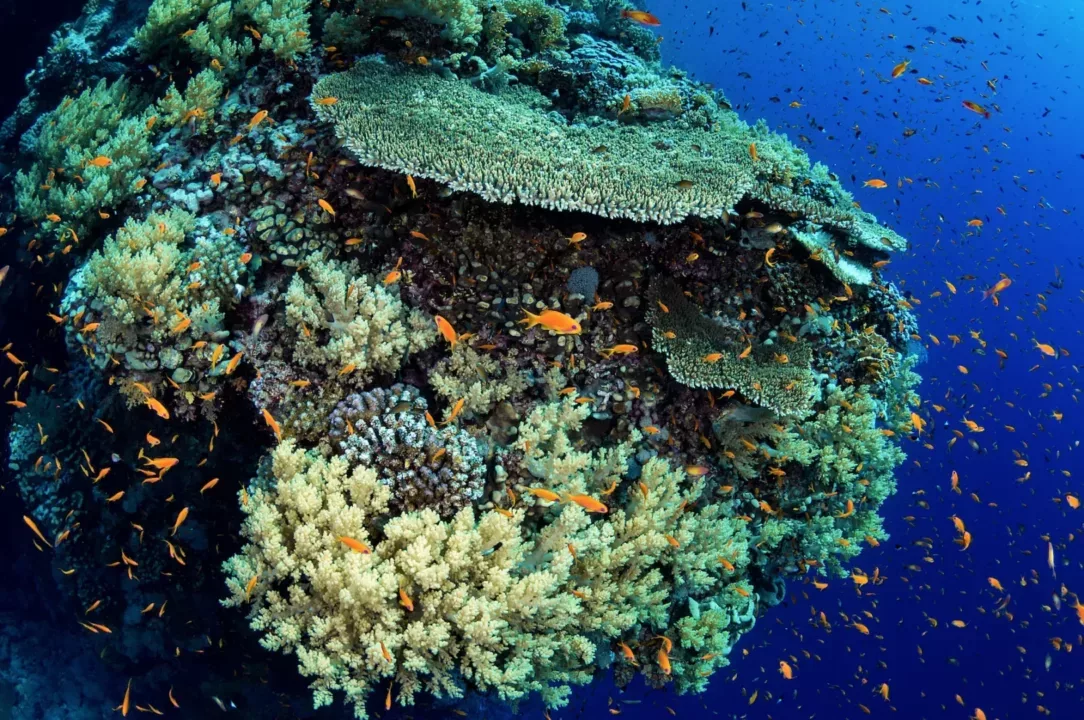If it were a country, the ocean would be the seventh-largest economy in the world. The “ocean economy” is worth around $2.5 trillion, and 40% of the world’s population depends on the biodiversity and services it provides, including for food, fresh water, renewable energy, tourism and trade are just a few examples. Our seas also absorb about 30% of human-generated CO2 emissions and more than 90% of the excess heat in our climate system.
But the integrity of the ocean ecosystem is under threat. The effects of climate change, such as ocean warming, acidification and oxygen loss; pollution from plastic, chemicals and other human waste; and the impact of overfishing are just a few of the existential risks.
In this context, the World Economic Forum’s UpLink platform, which aims to crowdsource innovative solutions to accelerate progress towards the UN’s Sustainable Development Goals (SDGs), is launching its second sprint to find solutions that will help protect the ocean and everything that lives in it.
The Ocean Solutions Sprint 2 is looking for solutions related to four key challenges:
- Restorative aquaculture
- Protecting and restoring coral reefs
Coral Reefs could all but disappear by 2100 unless we can mitigate the impact of climate change, destructive fishing methods and pollution.
Reefs not only provide marine wildlife habitats, but they also act as frontline defences against natural disasters such as ocean surges and floods – and are better and cheaper than man-made solutions, according to a new report from the United Nations Development Programme. A further depletion of coral reefs will affect livelihoods, income and food security around the globe.
However, funding for their restoration and maintenance is limited and often small scale in nature. With partners, International Coral Reef Initiative and the Global Fund for Coral Reefs, UpLink is looking for ideas to help tackle these challenges.
- Investing in nature-based solutions to climate change
- Technology supporting Marine Protected Areas
UpLink’s Ocean Solutions Sprint 2 opens for submissions on 21 September 2020. To find out more, click here.
Source: World Economic Forum website

